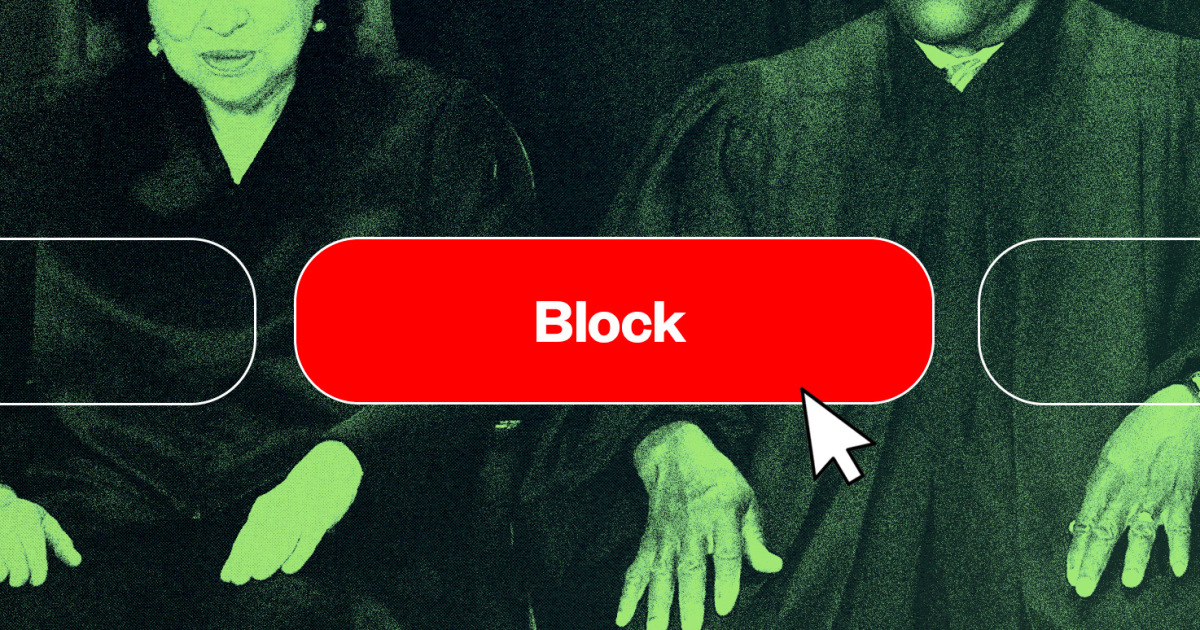Former President Donald Trump’s frequent use of Twitter lurked in the background as the justices weighed whether an official’s online activities can constitute government action.
The Supreme Court ruled Friday that members of the public in some circumstances can sue public officials for blocking them on social media platforms, deciding a pair of cases against the backdrop of former President Donald Trump’s contentious and colorful use of Twitter.
The court ruled unanimously that officials can be deemed “state actors” when making use of social media and can therefore face litigation if they block or mute a member of the public.
In the two cases before the justices, they ruled that disputes involving a school board member in Southern California and a city manager in Michigan should be sent back to lower courts for the new legal test to be applied.



Your point about free speech being neither left nor right? Hate speech is not free speech. Incitement of violence and genocidal ideation is not free speech.
Sedition is not free speech. Defacing the flag is not free speech. Blasphemy is not free speech. Criticism of party officials is not free speech.
lmao, are those your opinions?
No. My point is if you arbitrarily redefine free speech to exclude speech you don’t like, free speech loses all meaning.
It’s not arbitrary, though you ran with it like they’re all the same.